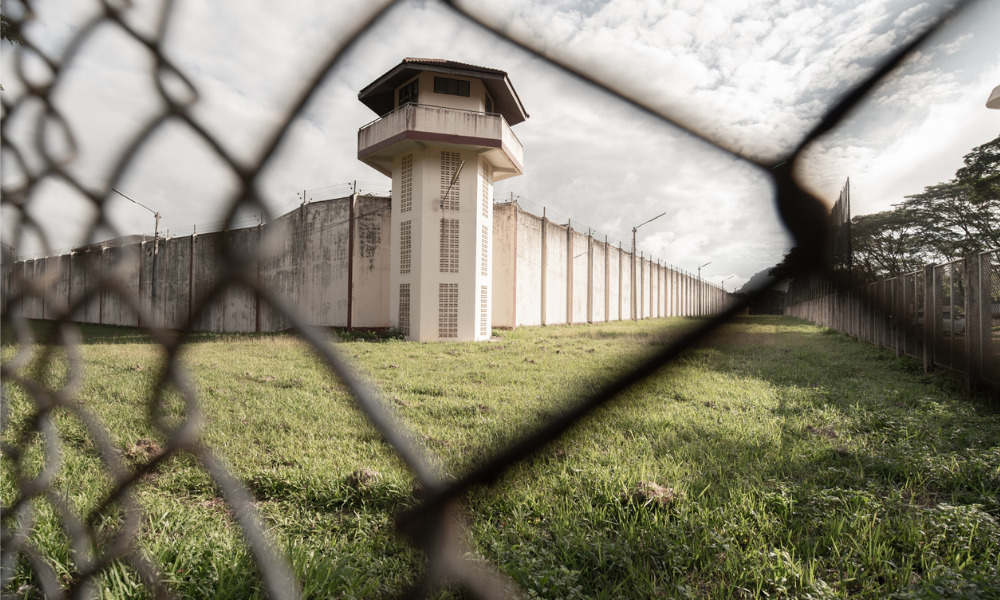
The court found that the incident was a one-off mistake by a well-intentioned corrections officer

The Supreme Court has upheld the finding that a corrections officer made an honest, non-systemic mistake in a prison assault incident.
In A (SC 72/2023) v Attorney-General [2023] NZSC 144, the applicant, known as A, was a serving prisoner under the Ara Poutama Aotearoa Department of Corrections. Another prisoner, known as C, assaulted him. The assault lasted up to five minutes before corrections staff intervened. As a result, A sustained bruising, a cut lip, and redness on A's head. Before the incident, A was previously assaulted by C. He was then relocated to a different wing of the prison. However, both wings had access to the same exercise yard, where the second assault occurred.
The corrections officer encouraged A to go into the exercise yard. But C was in the exercise yard at the time. The officer said he thought there had been a reconciliation between the two prisoners, but this must have been wrong as C assaulted A while he was in the yard.
A claimed exemplary damages for negligence and compensation for breaches of his rights under the New Zealand Bill of Rights Act 1990. Specifically, A argued that Corrections' failure to keep him safe from C violated s. 23(5) of the Bill of Rights, which guarantees a person deprived of liberty the right to be treated with humanity and respect for inherent dignity.
The High Court judge found, as a matter of fact, that the error made by the corrections officer was just that: an error. It involved a breach of a duty of care to A and was causative of his injuries. Corrections would have been liable for negligence, but for the fact that claims for damages for personal injury are barred by s. 317 of the Accident Compensation Act 2001. The High Court judge did not consider there was a case for exemplary damages for negligence.
The High Court judge ultimately ruled that the incident was a one-off mistake by a well-intentioned and not indifferent corrections officer. The judge said that the breach of the common law duty falls far short of the requisite threshold to establish a breach of A's right to be treated with humanity and with respect for the inherent dignity of the person or his right not to be subjected to torture or cruel, degrading, or disproportionately severe treatment or punishment.
The Court of Appeal affirmed the High Court's decision, finding that the corrections officers were sensitive to A's needs. They honestly believed that his safety was not at risk and treated him thoughtfully and with humanity and respect.
A raised the matter to the Supreme Court, which ultimately dismissed his claim. The Supreme Court noted that since the high court's factual findings were not disturbed in the appellate court, there were, in effect, concurrent findings of fact.
The Supreme Court found it was reasonably clear that the incident happened because a corrections officer made an honest, non-systemic mistake. Accordingly, the court ruled that the proposed appeal had insufficient prospects of success to justify the grant of leave to appeal.